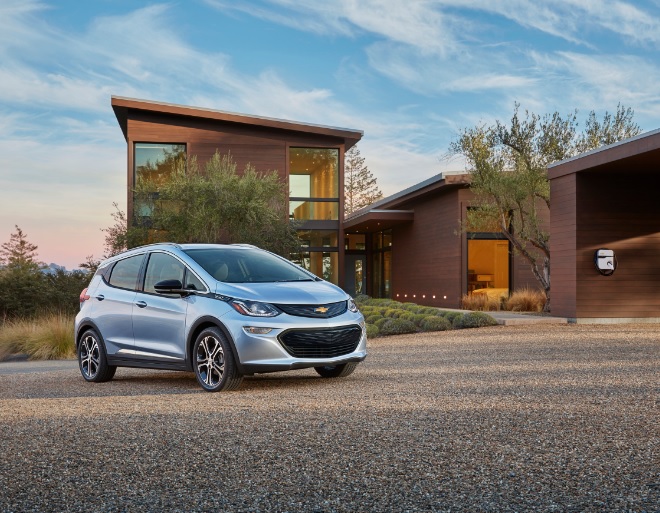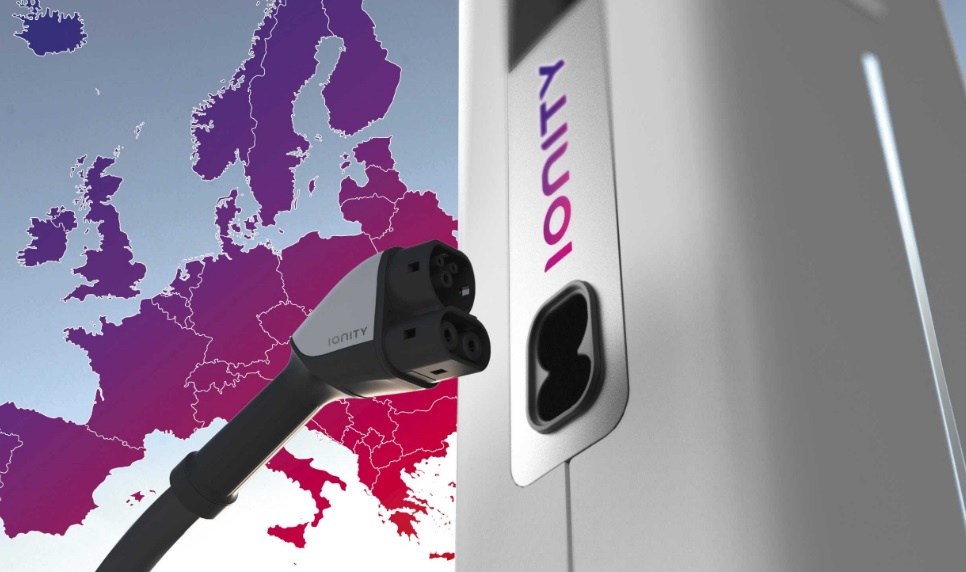House bill would remove tax credit: A proposal by House Republicans to eliminate the $7,500 federal tax incentive could be a blow to sales of electric cars that are being marketed for affo rdability. As part of the tax overhaul bill proposed to House Ways and Means Committee on Thursday, the repeal would take effect at the end of 2017. The Senate is working on its own version of a tax overhaul. General Motors is asking legislators to repeal that part of the bill and other automakers are likely to join in with the bill expected to hurt efforts to bring in more consumers as electric vehicle buyers. “That will stop any electric vehicle market in the U.S., apart from sales of the highly expensive Tesla Model S,” said Xavier Mosquet, senior partner at consultant Boston Consulting Group. “There’s no Tesla 3, no Bolt, no Leaf in a market without incentives.”
rdability. As part of the tax overhaul bill proposed to House Ways and Means Committee on Thursday, the repeal would take effect at the end of 2017. The Senate is working on its own version of a tax overhaul. General Motors is asking legislators to repeal that part of the bill and other automakers are likely to join in with the bill expected to hurt efforts to bring in more consumers as electric vehicle buyers. “That will stop any electric vehicle market in the U.S., apart from sales of the highly expensive Tesla Model S,” said Xavier Mosquet, senior partner at consultant Boston Consulting Group. “There’s no Tesla 3, no Bolt, no Leaf in a market without incentives.”
All-electric vehicle demand will leap in near future: Battery electric vehicles will make up a much larger share of global vehicle production and sales, but not for a few years, according to a new study released yesterday by Boston Consulting Group. EVs won’t see much serious growth until after 2025 and will likely make up about 14% of global vehicle production by 2030 after reaching about 6% in 2025, the study said. That will be a huge leap from its current level, at about 1% of global new vehicle sales. Incentives like the $7,500 federal tax credit will be needed for now, but that will eventually go away. The study’s authors said that improved battery technology, lower costs, and government mandates will be the drivers of greater consumer demand. Market forces will take over by 2030. “Eventually, we’ll reach a point where we don’t need incentives anymore,” said Xavier Mosquet, BCG senior partner and lead author of the study.
Fast charging comes to Europe: An alliance of automakers will be deploying about 400 fast charging stations across Europe by 2020. BMW, Daimler, Ford, and Volkswagen with its Audi and  Porsche subsidiaries have formed a joint venture called IONITY to carry it out. The High-Power-Charging (HPC) network will install chargers that will have the capacity to go up to 350 kW and will use the brand-agnostic Combined Charging System as the standard. Automakers hope the wide distribution of the fast chargers will make electric vehicles more appealing for consumers. This year will see 20 of these HPC stations installed. The IONITY joint venture is based in Munich and led by CEO Michael Hajesch, who expects to see 50 employees in place by early 2018. “The first pan-European HPC network plays an essential role in establishing a market for electric vehicles. IONITY will deliver our common goal of providing customers with fast charging and digital payment capability, to facilitate long-distance travel,” Hajesch said.
Porsche subsidiaries have formed a joint venture called IONITY to carry it out. The High-Power-Charging (HPC) network will install chargers that will have the capacity to go up to 350 kW and will use the brand-agnostic Combined Charging System as the standard. Automakers hope the wide distribution of the fast chargers will make electric vehicles more appealing for consumers. This year will see 20 of these HPC stations installed. The IONITY joint venture is based in Munich and led by CEO Michael Hajesch, who expects to see 50 employees in place by early 2018. “The first pan-European HPC network plays an essential role in establishing a market for electric vehicles. IONITY will deliver our common goal of providing customers with fast charging and digital payment capability, to facilitate long-distance travel,” Hajesch said.



